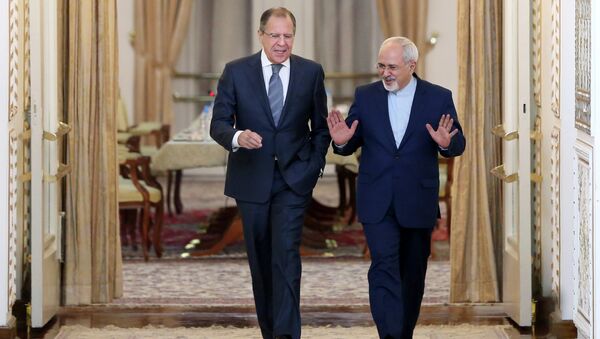Jay Solomon wrote in his article that after the meeting of the ‘Middle East Quartet’, comprising EU, UN, Russia and the US, the European and American side made it clear that all the efforts to resolve the crisis in Syria, Iraq and Yemen, will not materialize if Moscow and Tehran do not take part in it.
Thus, EU foreign policy chief Federica Mogherini, said that Russia and Iran may take steps to resolve the instability in the Middle East, if they can ‘tune’ the Syrian President Bashar Assad and the Syrian government for the process of transferring the political power.
“It might even prove to be quite beneficial for everybody,” WSJ quoted John Kerry as saying after the Quartet meeting.
The inclusion of Moscow and Tehran in a dialogue with Washington and Brussels could also mean that the balance of forces in the Middle East is changing, the newspaper added.
“What happens in Syria will be key to the new Middle Eastern order. The immediate benefit may seem worth it. But over time, the U.S. will find it more difficult to rally its partners and convey determination on other regional security issues,” The Wall Street Journal quoted London-based analyst Emile Hokayem as saying.
Moreover, the safety system and the structure of the regional alliances that the United States created in the Middle East over the last 50 years is wearing off and that is prompting the Arab states to look towards Russia, the newspaper said.





